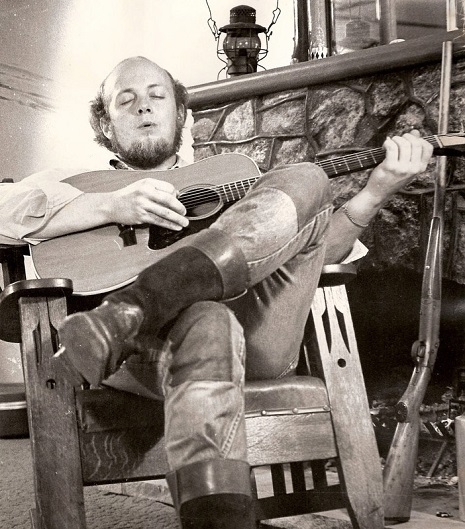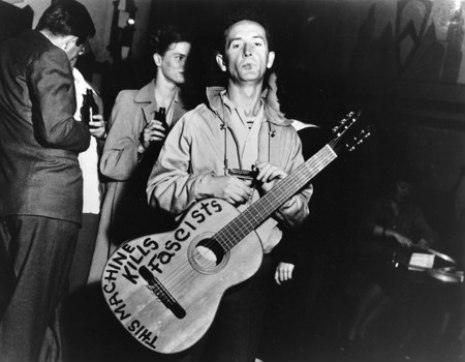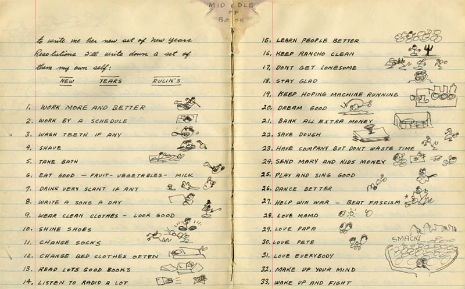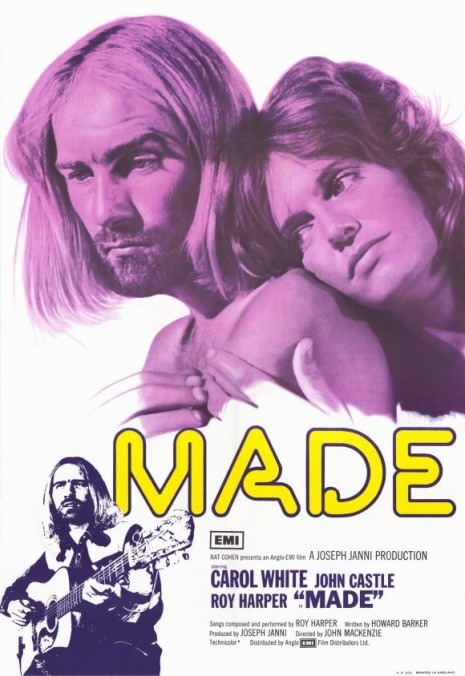
Like most audio gourmands, I love recommending music to friends. But while I’d like to think I give a fairly convincing endorsement of this jazz singer or that proto-punk band, I find many otherwise open-minded people possess a remarkably unyielding aversion to folk music. I’m not quite sure what it is. Almost no one would admit they’re too snobby for country. Conversely, they’d hate to be deemed a rube for a deficit in rap. But folks always seem to think folk is too… folksy. This is why I start them off with Canada’s own Stan Rogers.
First of all, Rogers had this brawny, thunderous voice—the kind of pipes that reassures the folk-unaffiliated that they aren’t about to drown in delicate acoustic guitar and fey vocals. Second of all, he’s most famous for his sea shanties, both traditional and original, and everyone loves a good sea shanty. Surprisingly, Rogers’ relationship with the maritime life was more rooted in the cultural identity of rural flight, rather than a life spent at sea.
Born in 1949, Stan Rogers was the son of former maritimers. Like many of their generation, Stan’s parents had been forced to move to an industrialized city in search of work. While he was raised in suburban Ontario, Rogers spent his summers in the sort of small towns his parents had to leave, falling in love with the sea as a sort of ancestral home. His most famous song is arguably his capella opus, “Northwest Passage,” a reverent reflection on the trials of early explorers as they endured (and sometimes perished) to navigate an ocean-route to the Pacific.
That’s not to say Rogers relegated his talents to the somber. “The Mary Ellen Carter” is the famously uplifting story of a crews’ attempt to salvage their sunken ship. There’s also my favorite, “Barrett’s Privateers,” a raucous cautionary tale for any wannabe seafarer. The video at the end of the post is an absolutely amazing live version—I cannot urge you enough to give it a listen.
Lest the romance tone and historical content of Rogers’ most famous songs lead you to believe he was merely infatuated with a bygone era, I assure you, the man was also a staunch champion of the working man with a sharp and sardonic proletariat wit. There’s “The Idiot,” a damn near bitter song, sung from the perspective of a factory worker avoiding his foreman and reminiscing on the country life he left behind. There’s a even a few explicit protest songs, most notably “Tiny Fish for Japan.” Stan was inspired to write that one after time aboard a fishing boat on the Great Lakes; while the fishing industry was once bountiful, the polluted waters were later only fished for tiny smelt, which was then sold to Japan.
In 1983, Air Canada Flight 797 caught fire mid-flight, forcing an emergency landing. Though the plain landed soundly, Stan Rogers was one of the 23 passengers who died when the doors opened and the sudden rush of oxygen fueled a flash fire. Before most likely succumbing to smoke inhalation, he used his last moments to guide other passengers to safety with his booming voice. I’ve heard more than one Canuck proudly declare that for all Rogers’ odes to Canada, he was never more Canadian than in his final words: “Let me help you.” His ashes were scattered off the coast of Nova Scotia.








